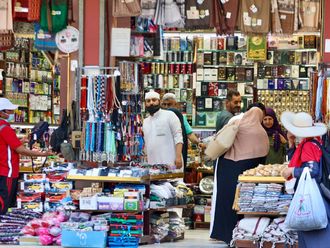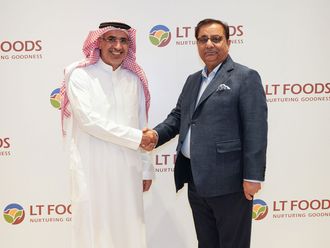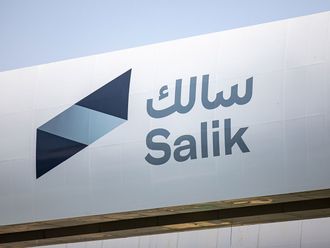Dubai International (DI), the overseas port and free zone management arm of Ports, Customs and Free Zones Corp (PCFC), will bid for the management of the Cochin Free Zone, once the request for proposal (RFP) is issued by its authorities by the end of the year, said a top official.
DI earlier won a bid for a 38-year concession to exclusively operate and manage the existing Rajiv Gandhi Container Terminal and develop a greenfield site into a major International Container Transshipment Terminal (ICTT) in Cochin.
Last week, DI inked a cooperative agreement with Tangier Mediterranean Special Agency (TMSA) on technical consultancy and business management for its free zone project.
DI already manages Djibouti free zone, along with Djibouti port, in which the organisation is investing Dh110 million. Besides, it won the management contract for Port Klang free zone earlier this year.
With these, the number of free zones to come under its management has risen to three.
Mohammad Sharaf, managing director, told Gulf News yesterday, "We are waiting for the RFP document to be issued by the authorities in India before the end of the current year. We will be a strong bidder for the project."
DI's prospects to win the free zone bid are bright as it has already won the port management contract, he said.
"We are also going to sign a contract with the Cochin Port Trust on the port management, once we agree on a signing date before moving in"
With Cochin, the number of international port terminals operated by DI increases to five. Besides, it will begin marketing the Port Klang free zone by December, he said.
DI's contract with TMSA for the Moroccan project has two dimensions. The contract was signed in the presence of General Shaikh Mohammad Bin Rashid Al Maktoum, Crown Prince of Dubai and UAE Minister of Defence, and His Majesty King Mohammad VI of Morocco.
Sharaf said, "The contract is for a 16-week comprehensive consulting period which will include a project feasibility study, master plan design for free zones and an implementation plan based on the results of the first two components.
"The contract for the cooperation agreement spans a 10-year period which includes DI managing the TMSA commercial department where we will second a senior marketing director to the operating company of the free zones.
"The second component is a technical advisory role where we will provide technical assistance and advice during the term of the agreement. This includes assisting in the design and development of all their processes and procedures."












